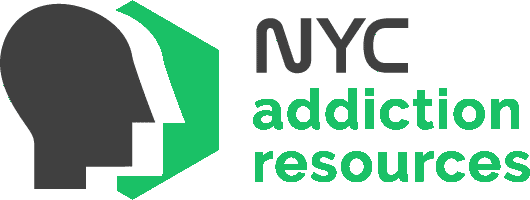What is Depression?
Depression is a mental health disorder that causes a person to feel negative about themselves. Depression symptoms can vary and cause a person to have difficulties in their daily functioning. It can impact a person’s relationships. The symptoms can come in different forms and vary from mild to severe. Various symptoms of depression can be:
- Feelings of sadness
- Feelings of despair
- Loss of interest in activities that once cause
- Changes in appetite
- Changes in weight (either loss or gain)
- Feeling worthless
- Increased shame and guilt
- Difficulty concentrating and focusing
- Thoughts of suicide
Does Depression feel like sadness?
Depression feels a lot different than sadness. Although sadness can be a symptom, sadness is not the same as having depression. The word “depressed” is sometimes thrown around when someone experiences sadness or grief and loss. It is important to understand that grieving a loss is different than experiencing depression. Going through grief and loss can come in waves and will eventually decrease. During grief, a person’s self-esteem generally stays intact as well as not feeling worthless like with depression. It is important to understand the difference between sadness and grief versus having depression.
How does depression happen?
There are several risk factors that can cause depression. One of those factors is biochemistry. Biochemistry is a result of chemicals being different in a person’s brain that directly affects them having a diagnosis of depression. Another factor is genetics. Depression can run in the family and can give someone a higher chance of having it. Another factor is personality. People who have extremely low self-esteem or struggle to handle stress can experience it. The final risk factor is environmental. Continued exposure to neglect, violence, abuse, or poverty will make someone more vulnerable to developing it.
How is substance use related to feelings of depression?
Someone who has substance use disorder can also experience depression. When someone has substance use disorder and a mental health disorder, they are experiencing co-occurring disorders. Both need to be treated separately but also in conjunction with each other. Most drug rehab centers can handle co-occurring disorders but not all can. It is important when searching out a drug rehab center to make sure that it is treated in conjunction with substance use disorder.
A lot of times people use drugs and alcohol to treat depressive symptoms that they are experiencing. This is why it is so important to treat substance use disorder with depression. It is hard to determine if a person has always experienced mental health which resulted in drug use or if the drug use caused the depression.
What does normal feel like?
For those who struggle with depression, the symptoms are their state of being. This is normal for them. A depressed person may have some good days but this does not mean the depression has vanished. The feelings of depression are their ordinary functioning for them.
Chronically depressed people suffer in ways that decrease appetite, increase or decrease sleeping, remove them from daily activities and find ordinary tasks difficult to complete. It can feel like being in a cage that you can’t escape. Other medical conditions can be easily medicated and treated, but for depression, the treatment can look a lot different. In addition to medications, other behavior changes need to be put in place to fully cope with the symptoms of it.
Treatments of depression
Treatment consists of different interventions. Medication is one of the first suggestions a psychiatrist would recommend. Different antidepressants and SSRIs work with the chemicals in a person’s brain to decrease the symptoms of depression. There are many different medications which can be a good thing but also a difficult process. Different medications work differently for everyone which can sometimes be a process to discover the one that works the best. The good thing is once a person finds the right medication they will begin to feel better.
Another option for treatment that should be used with medication is different therapies. Cognitive-behavioral therapy, behavior therapy, and psychotherapy are three examples of different therapy approaches to help those who suffer from depression. Finally, for people who really suffer from it and have failed at medication and therapy interventions, different medical procedures like electroconvulsive therapy may be recommended. Typically, this would be the last resort for someone.


